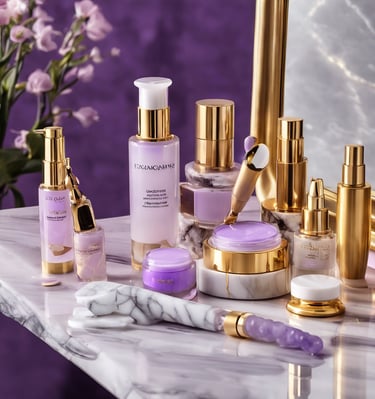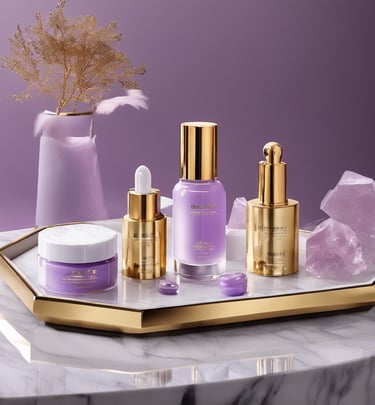
Retinol: Benefits, Uses And More
Things you should know before adding retinol in your skincare regimen. This skincare ingredient is good for mature skin, fine lines and wrinkles and a part of good skincare routine.


DEFINITION
It is a form of vitamin A, a fat-soluble vitamin found in food and used as dietary supplement. In cosmetics retinol can be commercially made in the lab by using a technique known as retinal synthesis through an acid or base reduction of pentadiene derivative by hydrolysis/acidification of the isomeric mixture to manufacture retinol.
RETINOL VS TRETINOIN
Though in the same family tretinoin should not be confused with retinol.
Products containing retinol can be found over-the-counter(OTC) while tretinoin has to be prescribed by the dermatologist. Retinol has low potency and less effective even when retinol is used in higher doses for example tretinoin of 0.1 to 1.0% is technically stronger than retinol of 2% that you can get at online or retail store.


BENEFITS
Retinol is very beneficial to women above 25 years of age since that`s when some of them might start to see fine lines and wrinkles. But also during this time collagen production in the skin starts to plummet in women. Starting retinol can slow down this process and other benefits are listed below:
reduce fine lines and wrinkles
help in collagen production by inhibiting synthesis of collegenase, an enzyme that dissolve collagen as we age.
gives the skin a plumper, voluminous and youthful look.
increases skin radiance.
reverses the signs of skin aging, pre-mature aging and combat photo aging.
clear acne and reduce pore size.
WHAT TO CONSIDER
Percentage: 0.01-2%
Consistency: light to medium
Form: serum, night cream or face cream
Application order: after face cleansing as a serum night cream or face cream followed by moisturizer
Timing: PM (nighttime)
Skin type: acne-prone, aging and mature skin; to be avoided by people with eczema and rosacea
Color: depends on colorants if any and/or excipients of the product


RISKS
Like any other skincare active ingredient retinol carries some few not so good side effects and this can differ from one individual to another, their tolerance, sensitivity and allergic reaction history. Below are some risks you should consider before using retinol
itching and irritation upon using it
eczema flare
acne breakout
skin redness
photosensitivity
FINAL TAKE
Consistency: When adding retinol in your skincare regimen use it every other day to avoid its not-so good side effects until your skin gets used to it in a month or so.
Start to use retinol at lower concentrations of 0.01% even lower if you are concerned about allergic reactions, remember a little bit of retinol is better than none though it may take several months to observe results with higher concentration.
Retinol cannot be used together with sunscreen/sunblock and/or Vitamin C.
If you have tried retinol before and found it to not be right for your skin or you have other underlying skin condition then consider talking to your dermatologist about using encapsulated retinol or bakuchiol as an alternative. Bakuchiol has the same benefits as retinol despite not being in vitamin A family.
